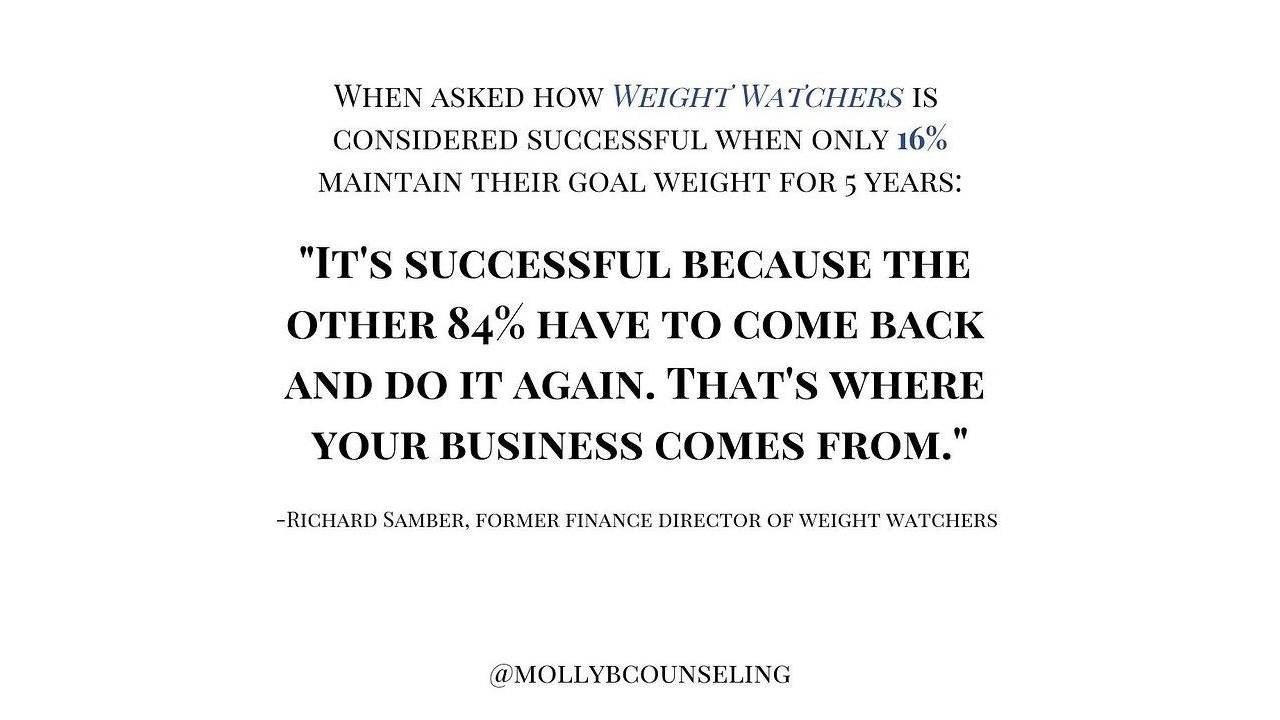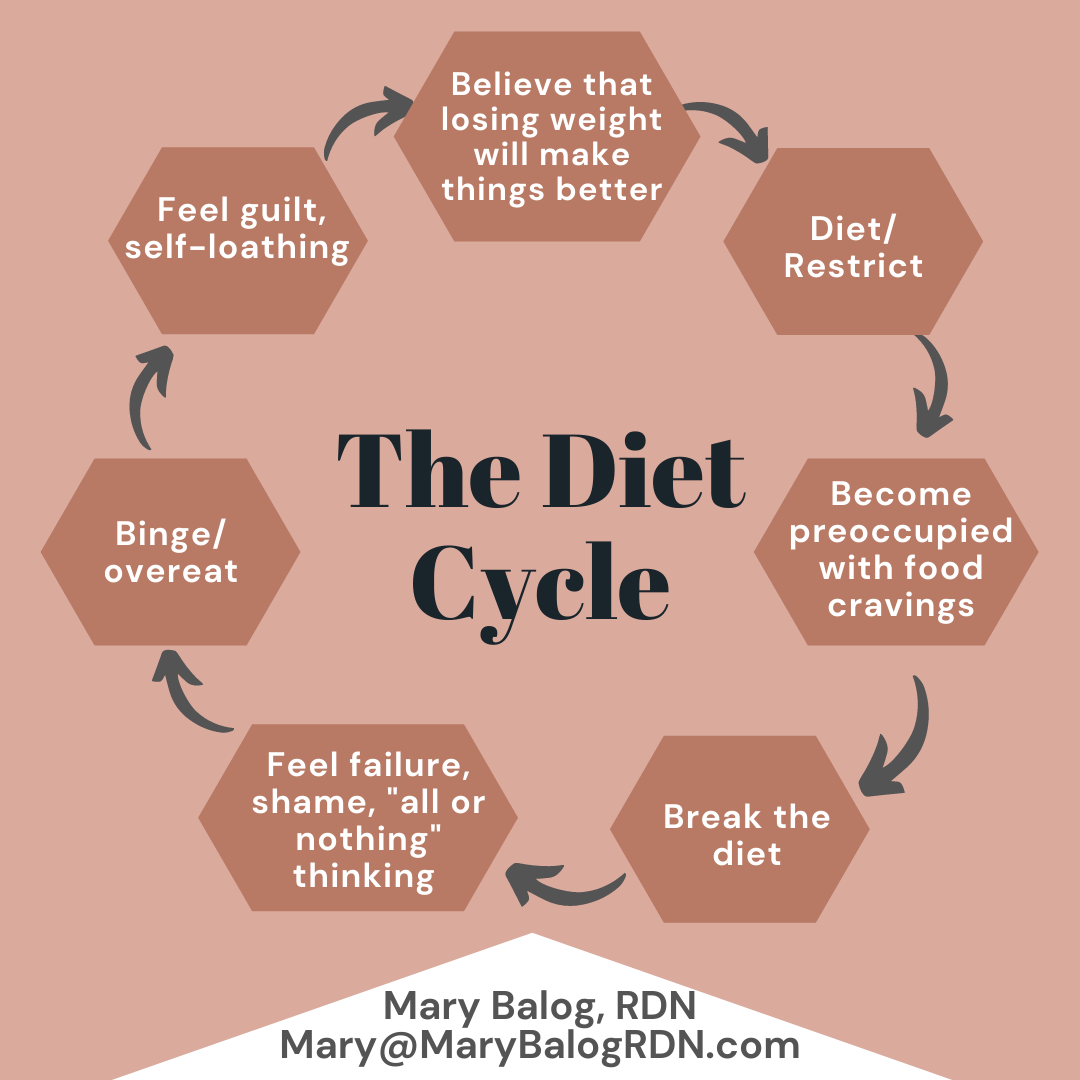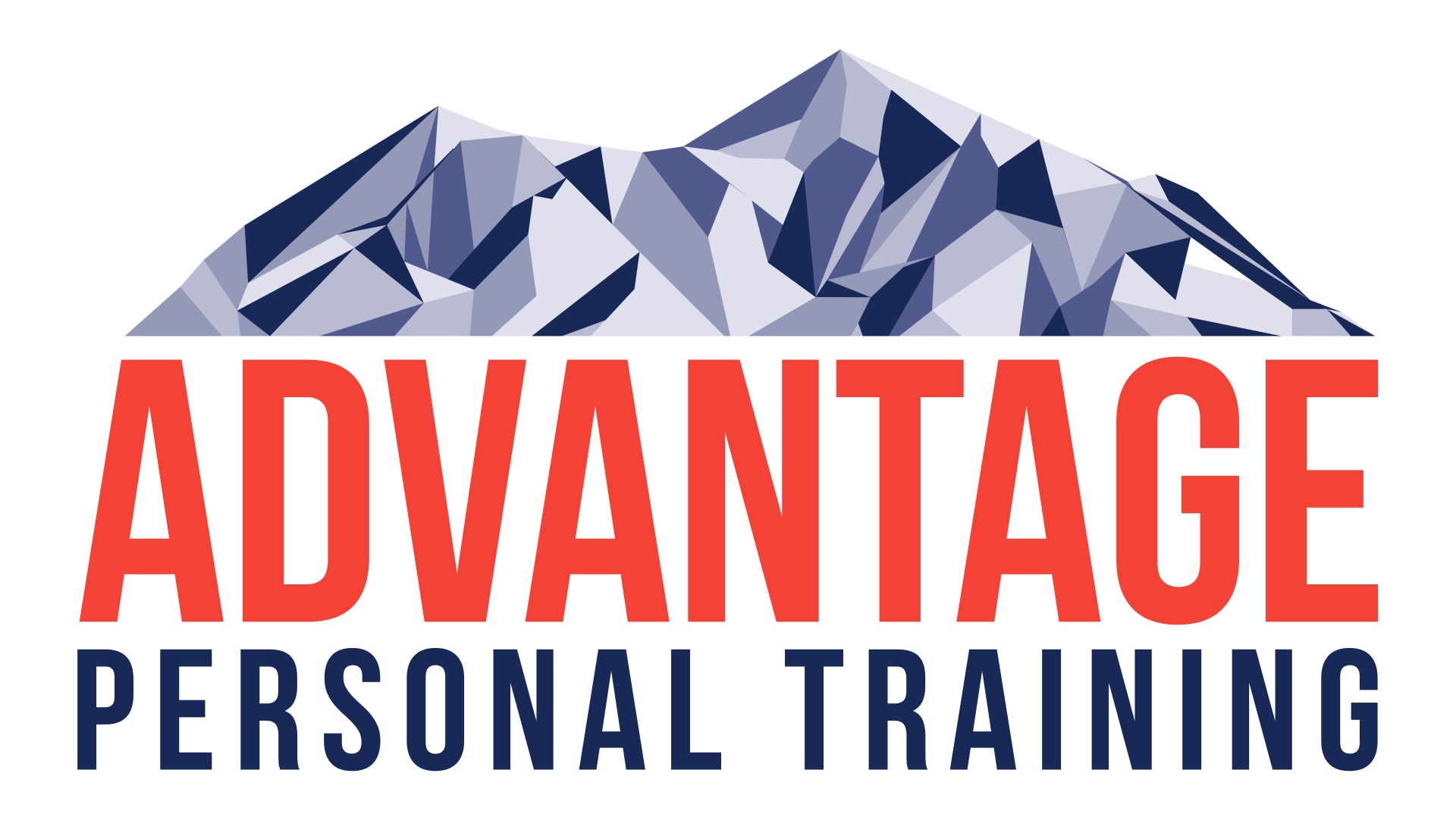Do you move well enough to save your life?
The day after Christmas in 2004, a tsunami slammed into Phuket, Thailand. Locals and tourists watched that morning as the tide swiftly left the beach, then within minutes came rushing back in the form of a surge of water that heaved its way over the beach and into the town. The incredible force of the water picked up cars, pushed over buildings, and swept up thousands of tourists and locals who were caught completely by surprise. Some unbelievable  footage shows several young men hopscotching over the shifting debris being carried through the streets by the surge of water. Other videos show children who had escaped the water by scaling a lamp post, and were clinging to the top watching the water rush underneath them. These 2 cases are extraordinary examples of how excellent movement skills and conditioning can save your life, but unfortunately these individuals were in the minority. Of the estimated 8,000 casualties in Phuket associated with the tsunami, many perished simply because they could not move well enough to get to high ground, climb a tree, or even get up the stairs in a building.
footage shows several young men hopscotching over the shifting debris being carried through the streets by the surge of water. Other videos show children who had escaped the water by scaling a lamp post, and were clinging to the top watching the water rush underneath them. These 2 cases are extraordinary examples of how excellent movement skills and conditioning can save your life, but unfortunately these individuals were in the minority. Of the estimated 8,000 casualties in Phuket associated with the tsunami, many perished simply because they could not move well enough to get to high ground, climb a tree, or even get up the stairs in a building.
 Think about how you move. Would you have been able to run a mile to high ground at a fast pace, dodging and weaving through crowded streets? Could you climb a tree to avoid the rush of water? Could you sprint up stairs to safety? What if a loved one needed your help? Could you pull them out of a tough spot or even carry them to safety?
Think about how you move. Would you have been able to run a mile to high ground at a fast pace, dodging and weaving through crowded streets? Could you climb a tree to avoid the rush of water? Could you sprint up stairs to safety? What if a loved one needed your help? Could you pull them out of a tough spot or even carry them to safety?
Sprinting, climbing, crawling, jumping, lifting and carrying are all fundamental human movements we have evolved to perform. 10,000 years ago, if you were unable to move, you were unable to hunt. If you were unable to hunt you were likely unable to eat, which means you don’t survive. Now, with modern conveniences, there are alternatives to all these movements so we don’t actually have to perform them. When you don’t perform skills often enough, you lose the ability to do them. That is what has happened to us in the last few decades, so human movement and health is worse than ever before.
When we have groups in the gym, I will occasionally have a “Save Your Life” challenge. In a recent challenge, I had students hang from a pull up bar. I told them they were dangling over a cliff, and the only way to save their life was to get up and sit on top of the bar. Across all groups, the survival rate would have been about 40 percent.
Our new class is dedicated to helping you perform fundamental human movements well enough to save your life. Like a few of the survivors in Phuket, we want you to have the balance, agility, and conditioning to be the one running across the top of the moving debris. We want you to have the skills to climb to safety. We want to teach you techniques to lift and carry a friend in need. These are movements we are designed to do, but we have forgotten these skills and are not conditioned well enough to perform them. In our Primal Strength class we will warm up, spend time learning selected skills like jumping, running, crawling, climbing, balancing, lifting and carrying, then use those skills in a circuit that will challenge not only your movement skills, but also your strength and conditioning. Look for more information about the Primal Strength class at advantagestrength.com




Advantage Personal Training is an Ann Arbor based Family Oriented Gym, focusing on the training needs of individuals, small groups and youth athletes. Meet with a results-oriented personal trainer and put yourself on the path to a more active life!
SERVICES
CONTACT INFORMATION
Hours of Operation
Mon to Fri: 6:00 AM - 8:30 PM
Sat: 8:30 AM - 12:30 PM
Sun: CLOSED
All Rights Reserved | Advantage Personal Training

